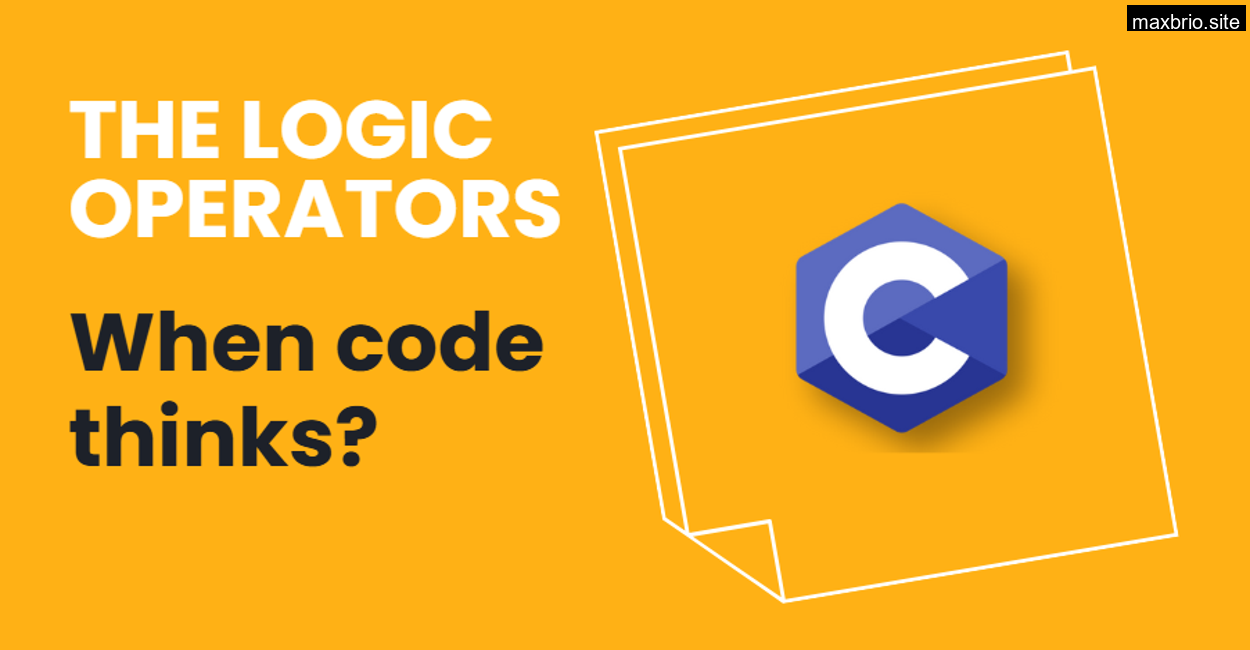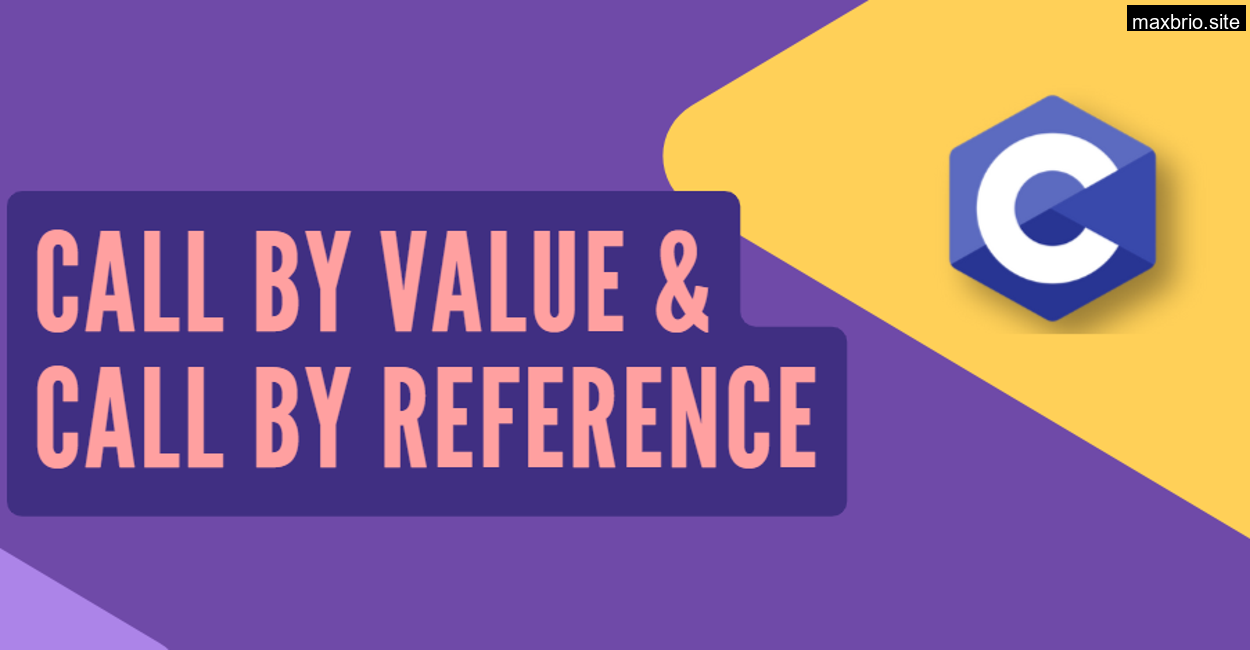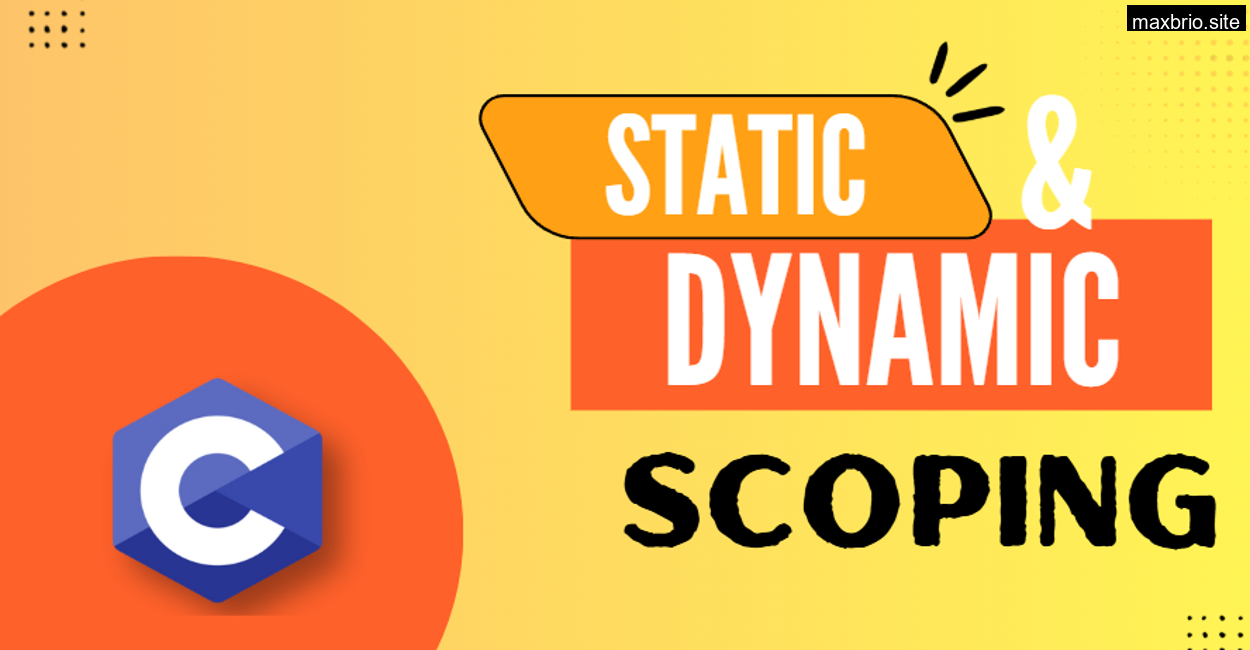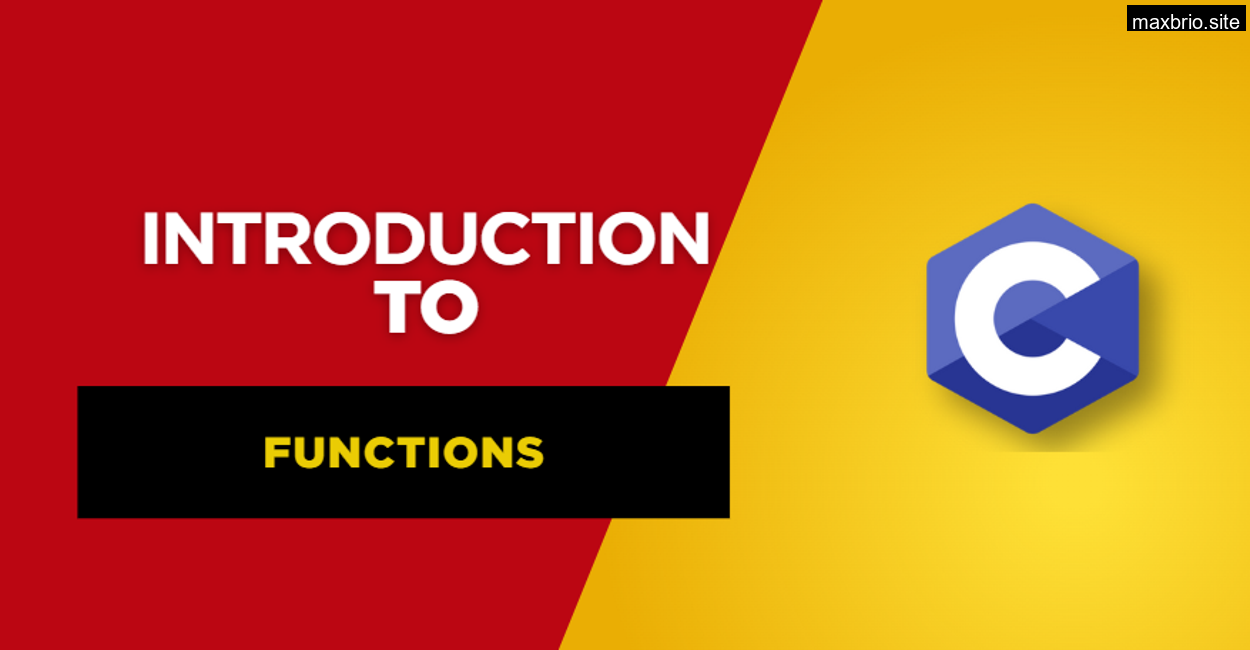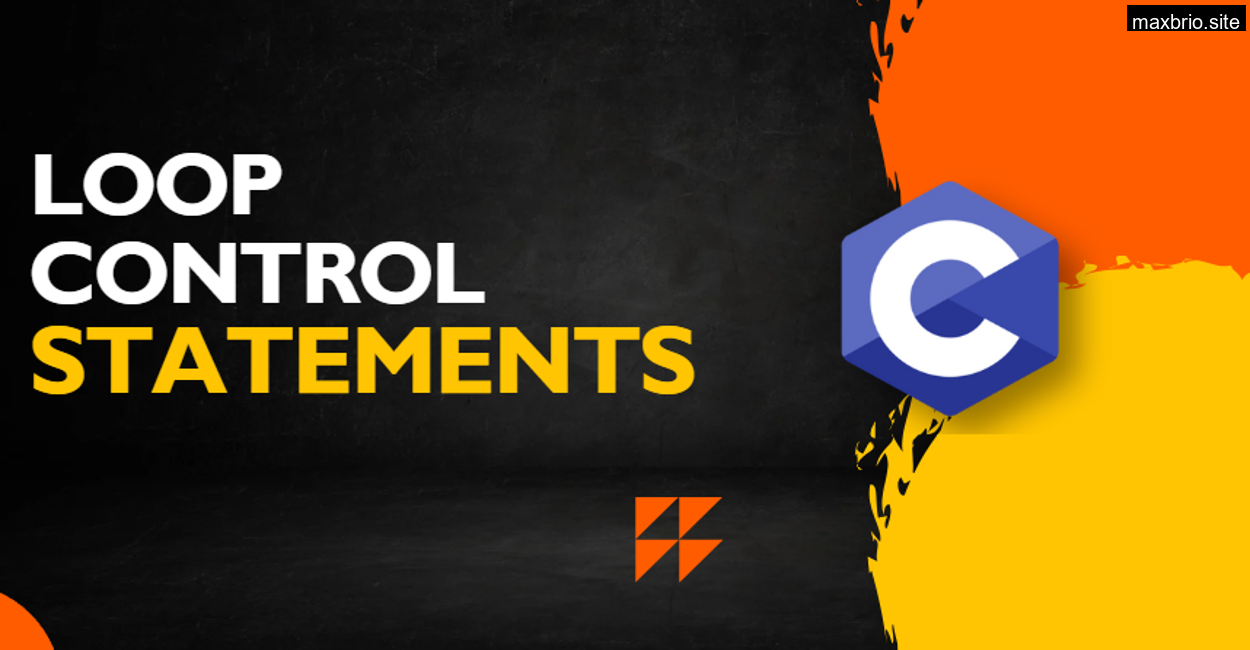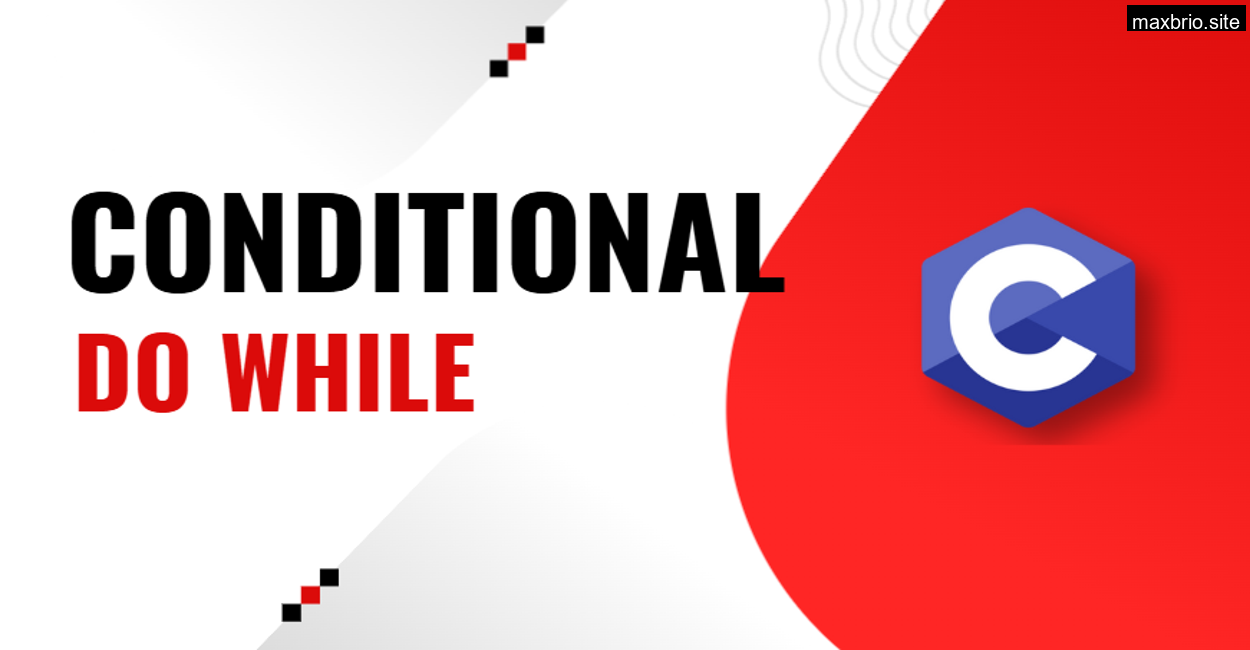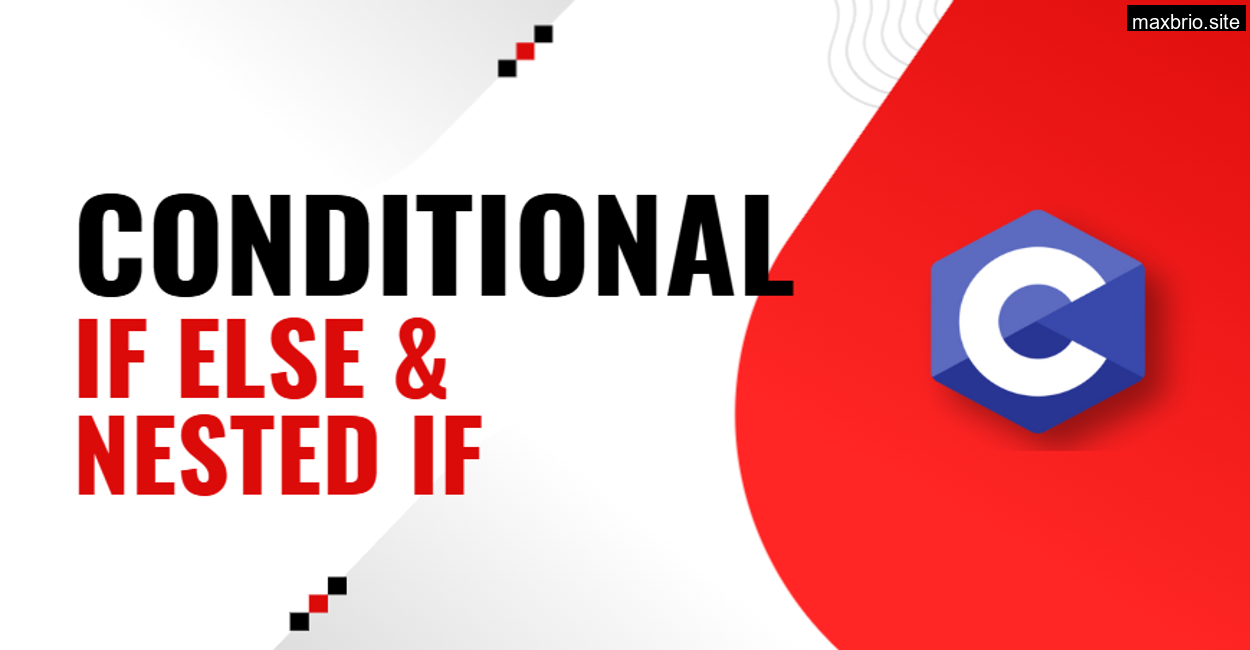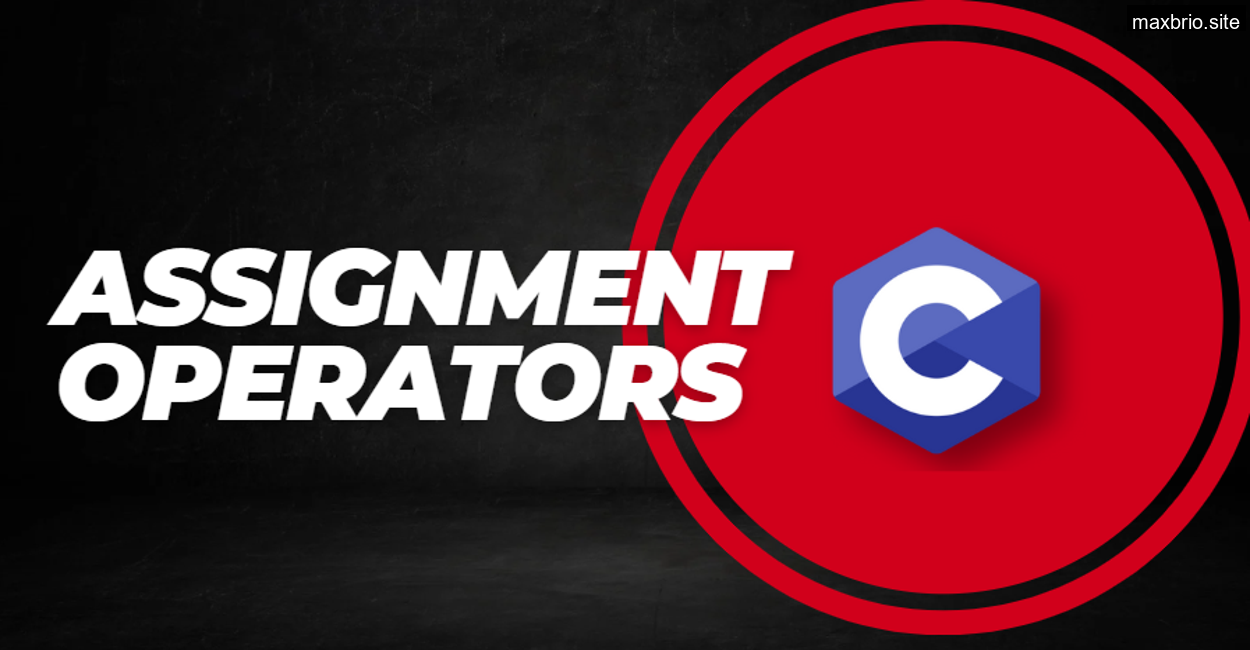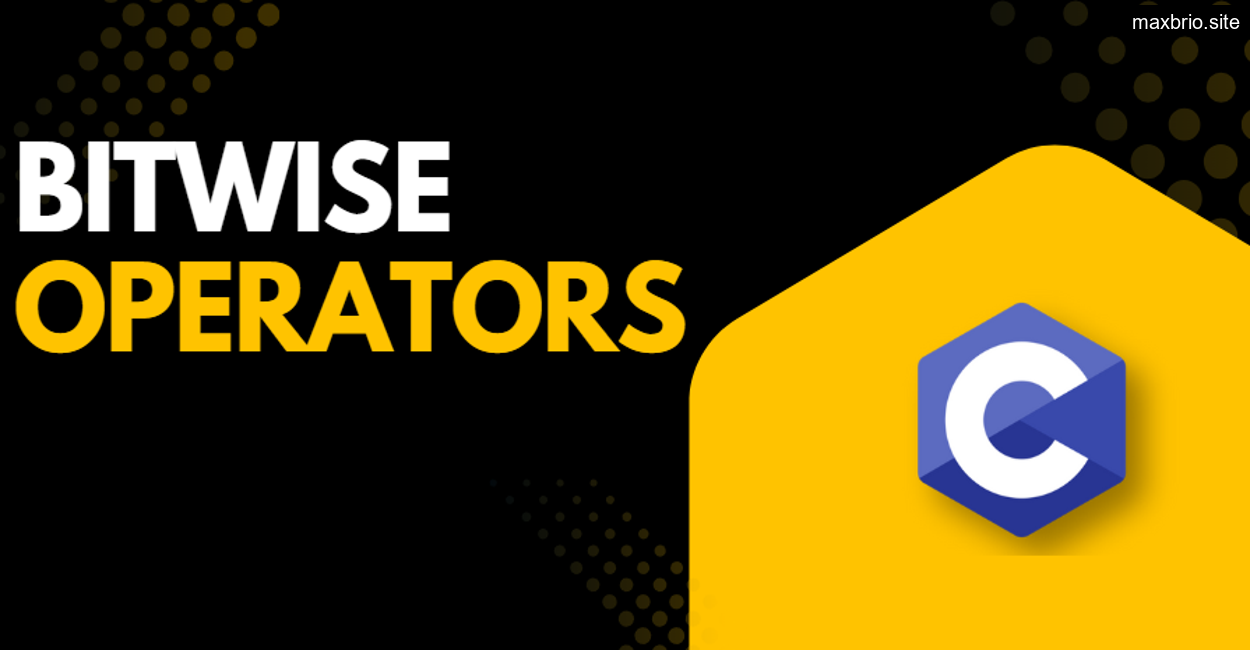One cloudy Wednesday afternoon , somewhere between explaining loops and debugging a half finished calculator program, a student in the front row raised his hand with a furrowed brow and a half smile.
“Sir,” he said, “Can I check more than one condition in an if? Like… can I check age > 18 and has License together?”
Ah. There it was. The moment that still excites me every single time it comes up. The perfect entry into Logical Operators the language feature that makes your code feel alive, capable of reasoning like we do.
So I walked to the board, looked the class in the eye, and said:
“Today, we’re going to teach our programs how to think.”
What Are Logical Operators?
Imagine you’re making a decision in your head. You might think:
- “I’ll go for a walk if it’s not raining.”
- “I’ll watch a movie if I finish homework and there’s time.”
- “I’ll eat pizza if I have money or someone treats me.”
That’s how we think. That’s how C thinks too through logical operators:
- && Logical AND
- || Logical OR
- ! Logical NOT
And when I say “logical,” I mean exactly that: pure reasoning.
Real Classroom: Enter the AND (&&) Operator
I remember running a mock driving license application in class. We had this basic condition:
if (age > 18 && hasLicense) {
printf(“You can drive.”);
}
And a student asked, “But why two ampersands? Why not just one?”
That’s when I explained:
In C, & is a bitwise operator. && is logical AND a gatekeeper that only allows you through if both sides are true.
I told them: “Imagine two locked doors. To get in, both must be unlocked.”
Then we broke it down with live inputs:
int age = 19;
int hasLicense = 1; // true
if (age > 18 && hasLicense)
printf(“You can drive.”);
It prints. Because both conditions are satisfied.
Then we tried:
int age = 16;
int hasLicense = 1;
The class laughed when nothing was printed. “Of course! Too young!” someone shouted.
Lesson landed.
The OR (||) Operator One Umbrella, Many Excuses
Later that same day, I brought up a favorite what if:
“What if you’re deciding whether to go out?”
If it’s not raining or you have an umbrella you’ll go.
And that’s exactly how || works.
In C:
if (!isRaining || hasUmbrella) {
printf(“You can go out.”);
}
Here’s the beauty: only one condition needs to be true.
A student piped up: “So it’s like, if you have any reason, go ahead?”
Exactly. “Logical OR is your flexible friend,” I said.
We tested more:
int marks = 40;
if (marks >= 90 || marks == 40)
printf(“You got either an A or you passed by grace.”);
The class called it the “Grace Operator.” It stuck.
The NOT (!) Operator The Little Rebel
Ah, the exclamation mark. Tiny but mighty.
One student once declared dramatically, “This operator is pure sarcasm!”
I chuckled, but they were onto something.
NOT flips logic:
if (!isWeekend)
printf(“Back to work!”);
If isWeekend is 0 (false), !0 becomes 1 (true). So the message prints.
It’s like a bouncer who only lets you in if you’re not on the list.
To drive it home, I asked students to fill in blanks:
- If it’s not cold, I’ll wear shorts.
- If I’m not tired, I’ll study.
Suddenly, ! made perfect sense.
Common Mistake: The Assignment Trap
This one’s famous. It even caught me in my early days.
if (x = 5) {
printf(“This is true?”);
}
Looks innocent, right? But this assigns 5 to x. The condition always evaluates to true (since 5 ≠ 0).
A student once said, “It’s like giving the exam key to the student during the test!”
I taught them to treat == like a mirror: “Are both sides the same?”
And when combining:
if (age == 18 && hasID)
Make sure you don’t slip back into =.
Trust me. We all have. Once.
Short Circuit Evaluation Lazy But Smart
Here comes the mind bender that really wows intermediate students.
I asked: “What happens here?”
if (a > b && b++)
And then added:
int a = 5, b = 3;
“Does b increase?”
Nope.
The a > b is true, so it moves to check b++.
But change it to:
if (a < b && b++)
Now a < b is false. So b++ is never evaluated. No increment.
“That’s called short circuiting,” I explained.
“If one condition makes the answer obvious, why check the rest?”
Students stared wide eyed.
Then came OR:
if (a > b || b++)
If a > b is true, b++ is skipped. Beautifully efficient.
We joked, “C is lazy but smart lazy.”
Expressions Treated as Conditions
This one’s subtle.
int x = 3;
if (x)
printf(“x is true”);
“Wait, how?” a student asked.
Any non zero value is treated as true in logical conditions.
So:
- 0 → false
- Anything else → true
I showed this:
if (x && y)
Even if x and y aren’t explicitly Boolean, they act like it.
Real Life Programming Use Cases
I always drive the lesson home with examples from the real world.
Login system:
if (isUsernameValid && isPasswordCorrect)
Backup schedule:
if (isWeekend || isHoliday)
Notification toggling:
if (!notificationsEnabled)
Logical operators sit quietly behind every real decision your program makes.
Practical Advice I Always Share
- Avoid over nesting. Break complex conditions into smaller variables.
- Use parentheses for clarity. Never assume precedence will be obvious.
- Never mix up & with &&. One is bitwise, the other logical.
- Think like your program. Would a human decide the same way?
One student once said:
“It’s weird. My program is thinking.”
Yes, it is. And logical operators are the neurons firing.
Final Thought: Code That Thinks
Teaching logical operators has always felt like handing students a flashlight in a dark cave.
Before this, conditions feel isolated. But now?
They start writing thoughtful code.
Code that reasons.
Code that mimics real life choices.
It’s where programming starts to feel less like syntax and more like philosophy.
What is the difference between & and &&?
& is bitwise AND, used for bit level operations. && is logical AND, used to combine Boolean conditions.
Can I use logical operators with non Boolean values in C?
Yes! C treats non zero as true, and zero as false. So you can write if(x && y) and it works.
What is short circuiting?
It means C will skip evaluating remaining conditions if the result is already determined (e.g., if false && …, it skips the rest).
Can ! be used with any value?
Yes. ! turns a true (non zero) into false (0), and vice versa.
Are logical operators limited to if statements?
Nope! They can be used in while, for, ternary conditions, and even inside expressions.
